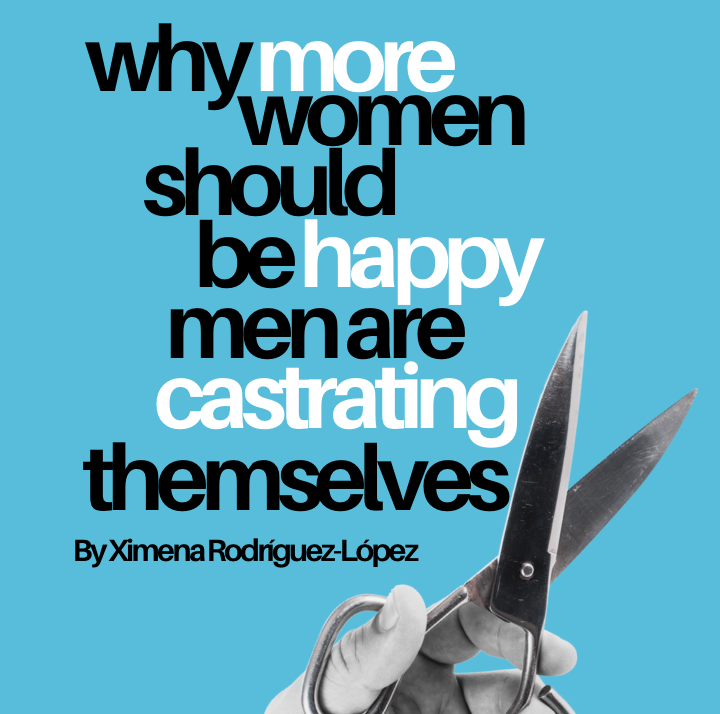Women In The Congo
“We Returned to Nothing”: Women Face Devastation After M23 Advance in Eastern Congo
By Shanice Fils-Aime
SAKE, DEMOCRATIC REPUBLIC OF CONGO — More than two months after one of the most horrifying atrocities in recent Congolese history, there are still no significant updates or accountability for the mass rape and killing of female prisoners at Munzenze prison in Goma, Democratic Republic of the Congo (DRC).The incident, which took place in late January 2025 during the advance of M23 rebels into the city, saw chaos erupt throughout Goma. In the midst of a mass jailbreak, male inmates reportedly breached the women’s section of the prison, leading to the rape and subsequent immolation of hundreds of women. Reports indicate that approximately 165 female inmates and 28 children were killed.Despite the scale and brutality of the event, investigations into the incident have stalled. The main reason: lack of access. M23 rebels continue to occupy Goma, restricting movement and access for United Nations peacekeepers, humanitarian aid workers, and international human rights observers."We are unable to conduct any meaningful investigation or even confirm the full scope of the atrocity," said a UN official, speaking on condition of anonymity due to security concerns. "The area remains effectively sealed off."
The UN and numerous NGOs have repeatedly called for humanitarian corridors and safe access to Munzenze and other parts of Goma, but little progress has been made. Families of victims and human rights advocates have expressed growing frustration with the international community’s inability to act.Meanwhile, the humanitarian situation in Goma continues to deteriorate. Over 700,000 people have been displaced by the conflict, and access to basic necessities like food, water, and medical care is severely limited. As long as Goma remains under rebel control and the region inaccessible, justice for the victims of the Munzenze prison massacre remains out of reach — a chilling reminder of the cost of impunity in a forgotten conflict.When the M23 rebel group advanced on the city of Goma earlier this year, more than 100,000 displaced Congolese were forced to flee the camps that had sheltered them. The rebel group issued a 72-hour warning, and aid workers began pulling out. Families left behind the last scraps of safety they had — returning not to peace, but to scorched towns and silence.
For women, the return has meant exposure to intensified violence, collapse of essential services, and total abandonment. Homes have been destroyed, clinics looted, and aid blocked. Women are delivering babies without any medical assistance. Schools are shut, food is scarce, and clean water is almost nonexistent.
As of early 2025, the United Nations reports that 28 million people in DRC are facing acute hunger. Conflict-related displacement remains staggering, with 2.74 million people uprooted in the first half of 2024 alone—nearly 2 million of those from the M23 conflict. Over 6.4 million people are now internally displaced across the country.
In January, when M23 attacked Goma’s Munzenze prison, at least 165 women were raped and then burned to death after the women’s wing was set on fire. Across multiple provinces, women continue to report mass sexual violence, while access to trauma care, legal recourse, and even physical safety remains out of reach.
Since the beginning of the year, over 7,000 people have been killed, with more than 450,000 displaced as 90 camps were destroyed. The UN warns of a risk of mass atrocities, ongoing child recruitment, and widespread impunity for those committing sexual violence.
Medical facilities are overwhelmed or destroyed. In Goma, patients share beds or sleep on floors due to a lack of space and supplies. Bodies left unburied have increased the risk of disease outbreaks, including cholera. Humanitarian convoys have been obstructed, with roadblocks and armed actors preventing aid from reaching women and children most in need.
The headlines have faded. The soldiers have moved on. But the women remain, trapped in ruins — surviving violence, burying children, and waiting for a world that continues to look away.
Women returning home are finding burned villages, collapsed health systems, and no access to food, clean water, or security. Women are giving birth in the dirt, midwives have fled, and children are dying from preventable causes. Sexual violence is being used as a weapon of war. In the attack on Munzenze prison alone, 165 women were raped and burned alive. There is no access to psychological care or justice.
28 million Congolese face acute hunger. Over 6.4 million are internally displaced. Medical systems are collapsing under the weight of war. Aid has been blocked or halted in many areas due to insecurity. Humanitarian workers cannot access the most affected regions. This is not a humanitarian gap — it is a system-wide failure


Brooklyn, NY - Many Black women still hesitate to identify with feminism — not because feminism "doesn't speak to them," but because the label has been tarnished through decades of community shaming, media misrepresentation, and the sidelining of Black women's voices within mainstream feminist spaces.